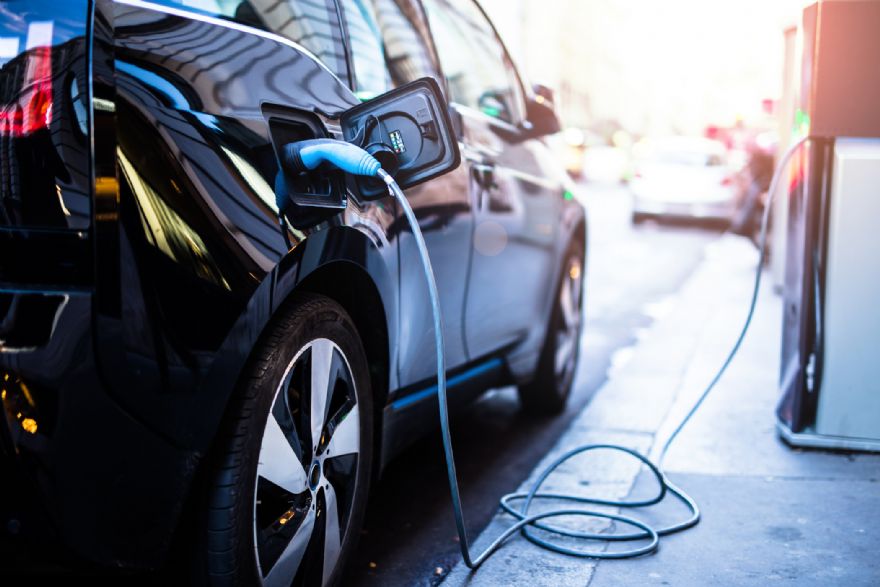
The UK new car market fell by -2.5% to 139,345 units in January, according to data the latest data released by the
Society of Motor manufacturers and Traders (SMMT), as weak consumer confidence and tough economic conditions combined to deliver the fourth consecutive month of decline. Registrations by both fleet and private buyers were down in the month, by -3.7% and -0.5% respectively. Business registrations rose by 2.4% although, as a very small portion of the market, this translated to just 55 additional units.
Reflecting a continuation of ongoing trends, petrol car registrations dropped by -15.3% to comprise just over half (50.3%) the market, with diesel down -7.7% to claim a 6.2% share. Both hybrid electric vehicles (HEVs) and plug-in hybrids (PHEVs) recorded volume growth and saw their market shares rise to 13.2% and 9.0% respectively. Battery electric vehicle (BEV) registrations, meanwhile, continued recent growth trends, with volumes up by 41.6% year-on-year to take a 21.3% market share.
Despite the increase in the month, BEV market share still remains short of the 22% target set by the Government for last year, and even further behind the 28% requirement for 2025. The SMMT says that this gap between demand and ambition is why the review of the Vehicle Emissions Trading Scheme and its flexibilities is essential and must deliver meaningful changes urgently, else there will likely be significant negative consequences for the market, industry and, potentially, the consumer.
Significant manufacturer investment both in new products and, last year, more than £4.5 billion worth of discounts, helped many drivers make the switch, but more consumers are still reticent, looking for greater encouragement from the Government and elsewhere. Private retail buyers still lack a meaningful fiscal incentive to buy an EV and, moreover, the application of the Vehicle Excise Duty ‘Expensive Car Supplement’ (ECS) to BEVs in just two months comes at the worst time for the industry.
Mass market transitionIt means EV models costing more than £40,000 – the majority on the market, given higher production costs – will incur a £3,110 tax bill over the first six years of ownership – compared with zero at present. The change will impact both the new and used car markets, undermining the goal of a mass market transition. As a result, the industry is calling for tax plans to be revised to ensure the system is fair and avoids dissuading those who want to buy an EV.
Mike Hawes, SMMT chief executive, said: “January’s figures show EV demand is growing – but not fast enough to deliver on current ambitions. Affordability remains a major barrier to uptake, hence the need for compelling measures to boost demand, and not just from manufacturers. The application, therefore, of the ‘Expensive Car Supplement’ to vehicle excise duty on EVs is the wrong measure at the wrong time. Rather than penalising EV buyers, we should be taking every step to encourage more drivers to make the switch, helping meet Government, industry and societal climate change goals.”
The threshold for the ECS – dubbed the ‘luxury car tax’ when launched – has remained unchanged at £40,000 since it was set eight years ago, when the overall market was 30% larger than today and BEVs barely featured. With more than twice as many BEVs registered this January than in the whole of 2017, raising the eligibility threshold for EVs – or exempting them from the ECS entirely — would send the message that EVs are essentials, not luxuries, and ensure vehicle taxation remains fair and appropriate for today’s market conditions.
The latest market outlook anticipates the new car market declining slightly in 2025 by -0.2% to 1.95 million units, with BEV uptake rising by 20.9% to 462,000 – a 23.7% market share, but still short of the mandated 28% target for the year. The gap is anticipated to widen in 2026, when BEVs are expected to comprise 28.3% against a target of 33%. The growing disparity between market demand and regulated targets further underscores the need for substantive market incentives that match ambition.